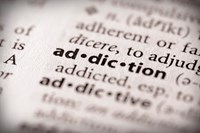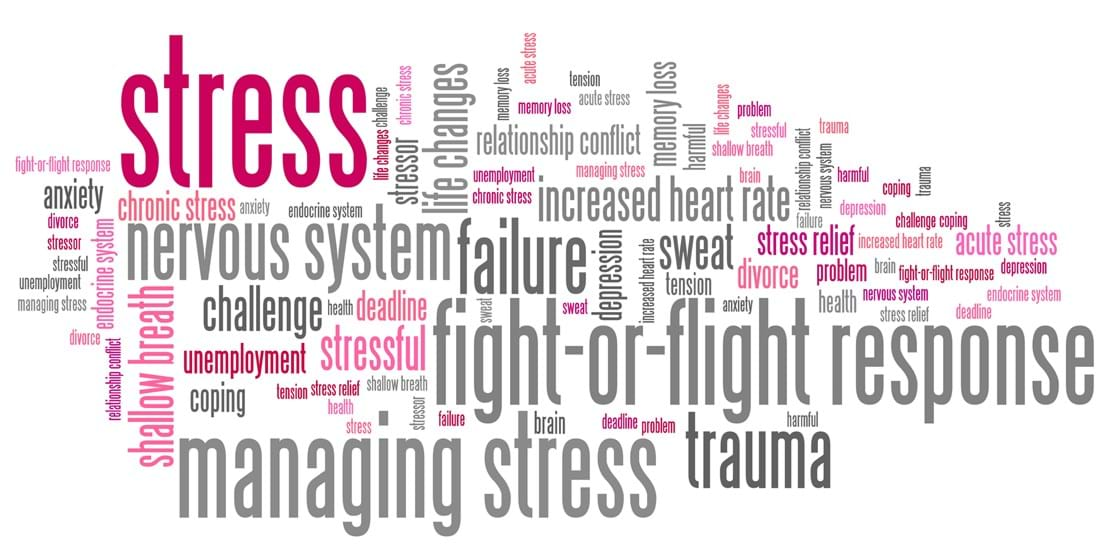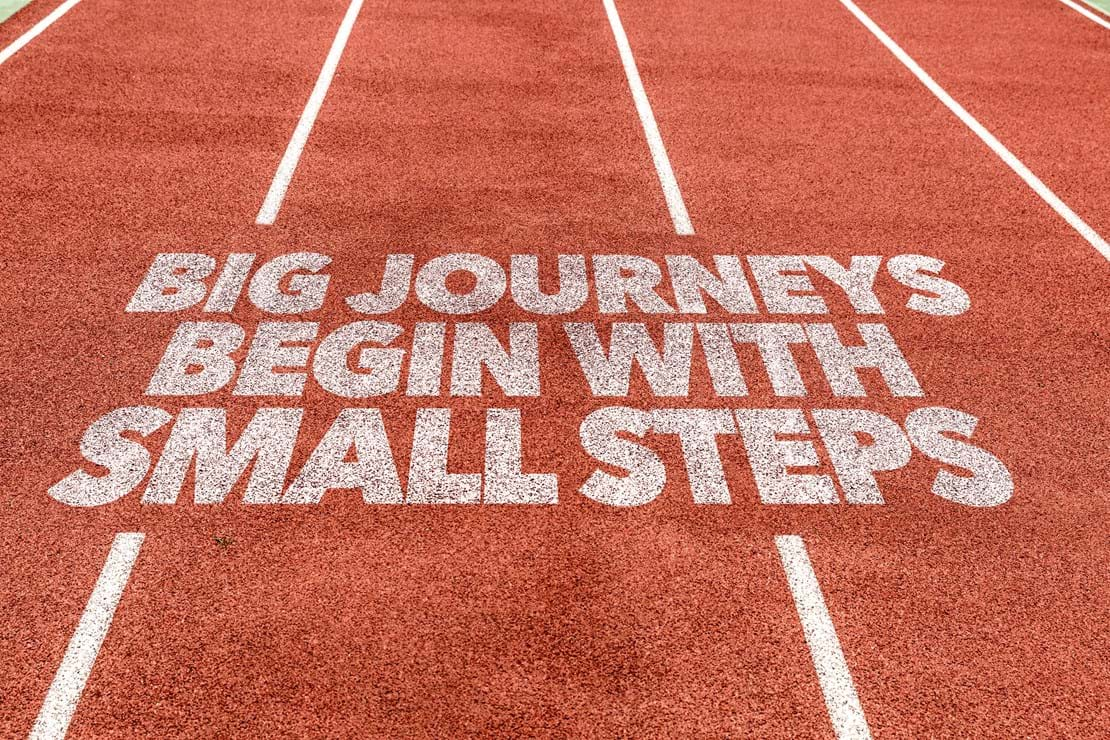
What is Addiction?
Since 2015 ASV has helped many people to change their relationship with Alcohol and other Drugs and change their lives. We provide addiction treatment and rehabilitation options online and in people's homes.
The rehab at-home program is our signature program, delivered by professionals online and in the privacy of individuals' homes. This approach enables addiction treatment to be delivered in a timely, personalised and affordable way. Jason and his team of professional addiction specialists are experienced, qualified and passionate about helping people to overcome Addiction and change their lives through an evidence-based therapeutic process.
Find out more about the Rehab at Home program and how we can help.
"Addiction is a chronic, relapsing brain disease characterised by compulsive drug seeking and use, despite negative, harmful consequences."
NIDA (National Institute of Drug Abuse).
These consequences can include problems with physical health, psychological health, dual diagnosis, social stability; work; family; finances; legal issues and the breach of the person's belief and value systems.
Addiction is a complex disorder involving compulsive behaviour and substance abuse, characterised by an inability to control substance use or behaviour despite adverse consequences.
The science of Addiction is an interdisciplinary field that includes psychology, neuroscience, and pharmacology research. It aims to understand the underlying mechanisms of Addiction and develop effective treatment and prevention strategies.
Many factors can contribute to the development of Addiction, including genetic, environmental, and psychological factors. Substance abuse can alter the brain's reward and stress systems, leading to changes in behaviour and cognition.
Addiction treatment typically involves a combination of pharmacological and behavioural interventions, such as inpatient and outpatient rehabilitation and addiction treatment, outreach support programs, medication-assisted treatment, cognitive-behavioural therapy, and support from peer groups and communities of recovering people.
"I kept missing significant events like my mum's birthday party. It didn't matter what people said or thought about me; I kept using drugs, whether I felt ashamed, sad, or even happy. I knew my life was a mess and that I needed help. I remember when my family offered me an ultimatum, them or the drugs. I chose the drugs with relief. Addiction almost destroyed my life, my hope and the trust of my family. My recovery experience has been recovering my life, relationships, esteem, and overall wellness apiece at a time. It's hard work, but the rewards are amazing." - Sarah.
Addiction is like heart disease or diabetes—sometimes it's linked with lifestyle choices, sometimes it's part of a family's genetic heritage and other times it seems to come from nowhere.
And just like diabetes, correct management and monitoring over a person's lifetime are essential.
Addiction and Alcoholism involve having obsessive thoughts, experiencing compulsive behaviours and losing control.
Untreated Addiction can be lethal. For example, a person can die from an overdose or a drug-related motorcar accident. Addiction can also cause serious medical problems such as acquired brain damage, liver disease and heart problems.
People can lose their jobs, leave school prematurely and disconnect from their dreams and hopes.
The most obvious impact is on a person's relationships, including the ones with their families and close friends.
Anyone can develop an addiction.
This confuses people. They and their families can spend a lot of time reviewing things and finding causes. Sometimes Addiction can be linked with depression, anxiety or trauma; sometimes, it's the very cause of these conditions, and sometimes there is no obvious tipping point or event.
It's impossible to tell when you've first become Addicted. You might have been curious, or it could be the result of peer pressure and other factors such as stress relief; plenty of people turn to substances like Drugs and Alcohol for these reasons. But if your environment has many drug users around, then chances are that you may go down this path too in the future-whether, knowingly or not!
No matter how much someone plans on becoming an addict before they do so, no substance abuse disorder can ever be predicted ahead of time with 100% accuracy (not even close). There's always some chance involved whenever we decide what sorts of things we'll put into our bodies.
Excessive substance abuse can have many adverse effects on the body, but it is most evident in how Drugs affect your brain. The surge that occurs when you ingest something like Alcohol or Cocaine creates large amounts of dopamine, which triggers the reward system's pleasure receptors inside our brains. This causes us to continuously crave substances until we are unable to produce any more dopamine naturally and become addicted - creating these pleasurable cravings time after time without ever getting satisfied for long periods at all!
People addicted to Drugs, or Alcohol find themselves in a problematic cycle where they need the drug just so their body doesn't go through withdrawal. They start by prioritising getting high over anything else, and it can be hard for them to get out of this vicious circle before things spiral out of control.
Of all the things that can go wrong when abusing Drugs or Alcohol, tolerance is one of the more insidious. Tolerance means more significant amounts are required to achieve the effects desired by abusers, escalating addiction and leading to other consequences such as risk-taking behaviour (i.e., driving while intoxicated) with potentially deadly results!
Whatever the causes and consequences, people can always recover from Addiction.
"Our son was like a stranger to us – Addiction drove him to behave in ways we never expected. But we never gave up, and now he's loving and caring again. Thanks, ASV, we've got our boy back." - Pete. Dad. World Health Organisation has created Alcohol and other drug self-screen designed to raise awareness of the potentially harmful use of mind and mood-altering substances.
People do recover
Recovery from Alcohol or Drug addiction is a process of change through which individuals improve their health and wellness, live a self-directed life and strive to reach their full potential.
SAMHSA (Substance and Mental Health Society America).
"Most people we work with believe the problem (Addiction) is the Drugs or Alcohol consumption and that when the person stops, everything can go back to normal. Stopping is only the beginning of the process. For most people who access treatment, developing a more genuine understanding of Addiction allows them to look at the problem through a different lens, dramatically increasing the possibilities of a sustainable solution (Recovery). The most important thing to know about Addiction to Drugs and Alcohol is that recovery is possible once a person is motivated to seek positive change." - ASV Treatment Centers for Addiction 2023.


